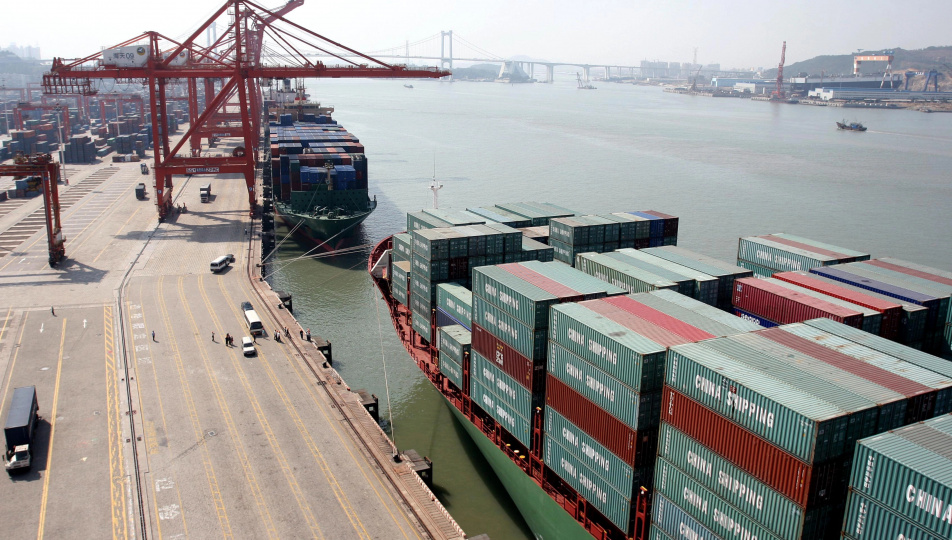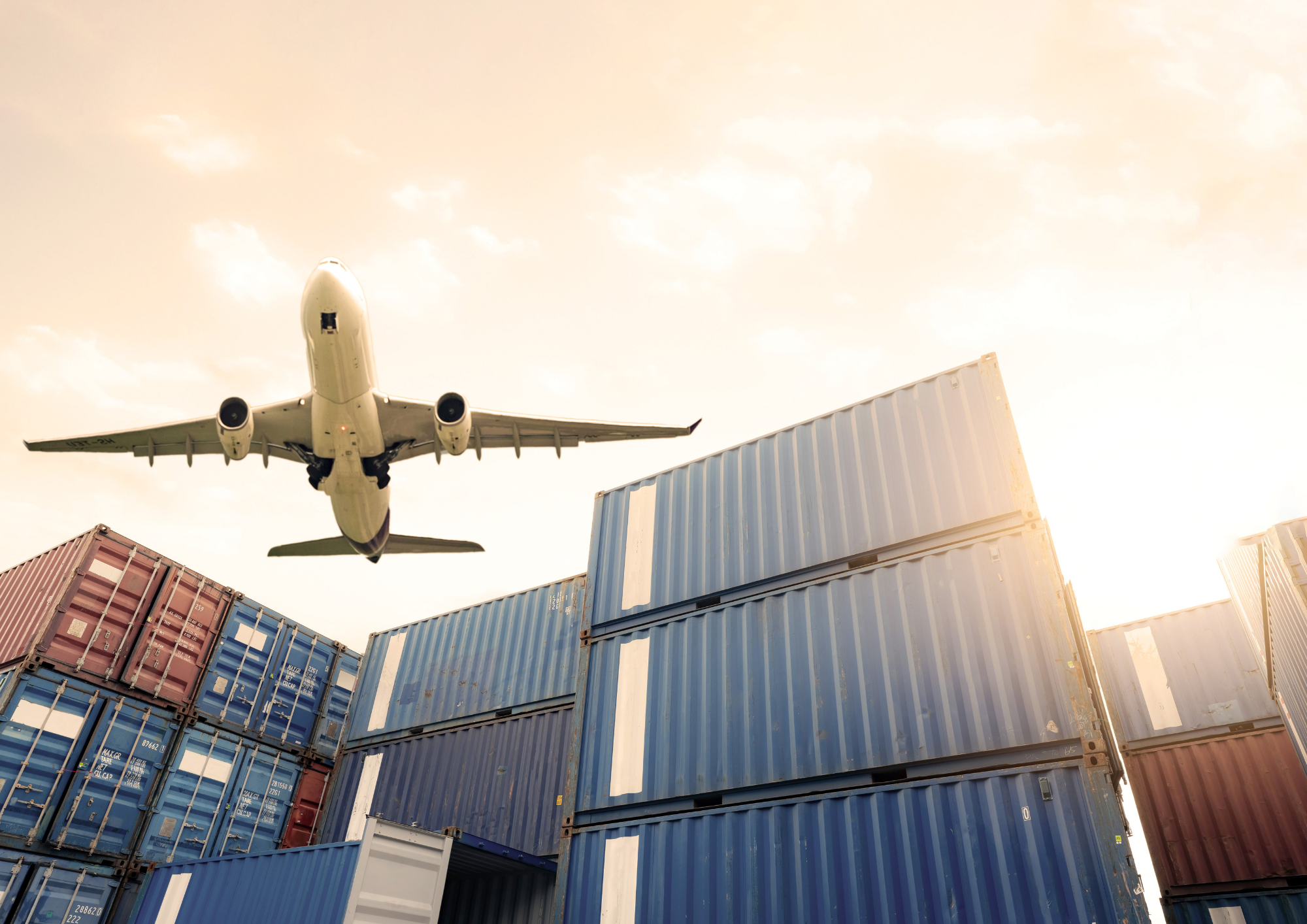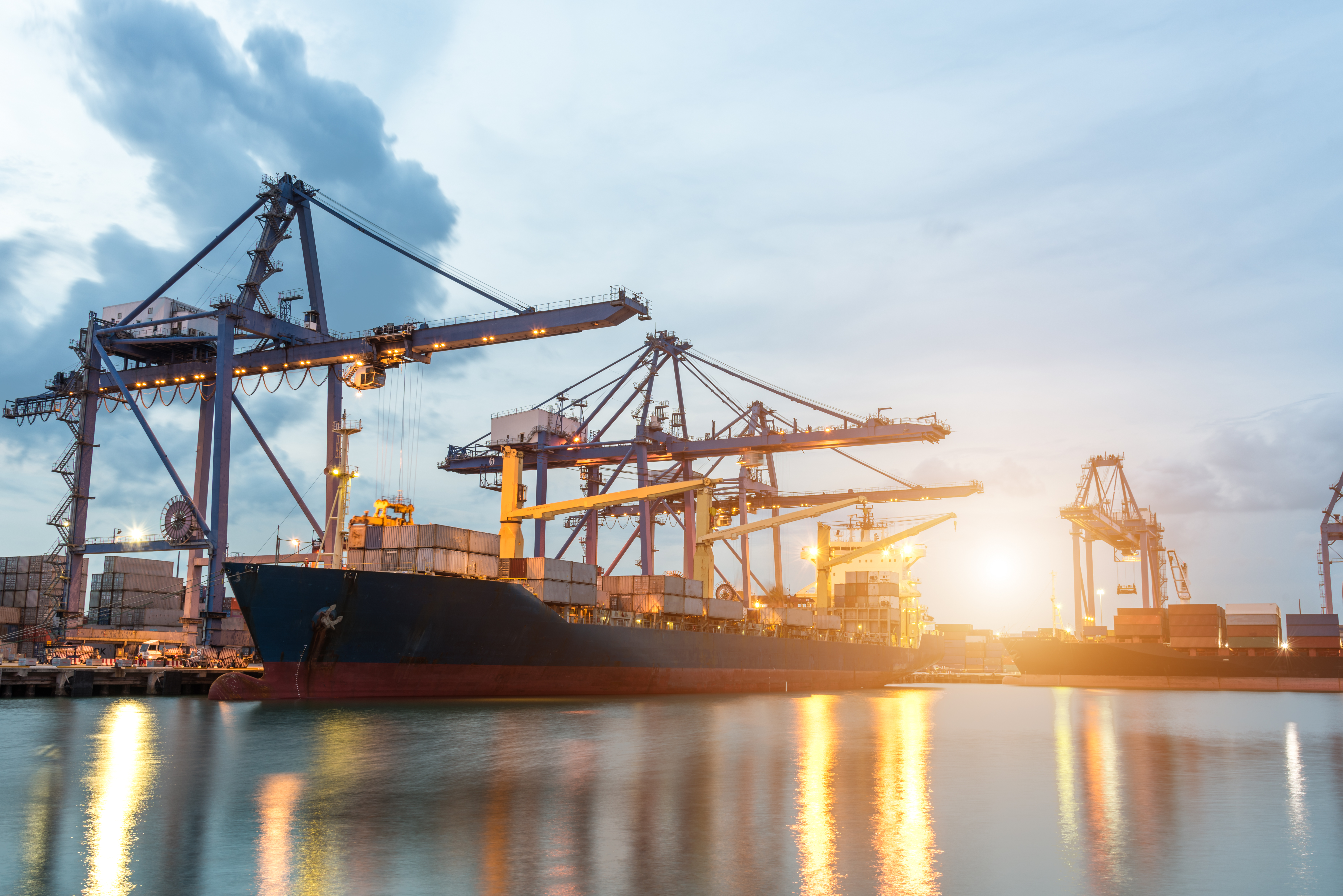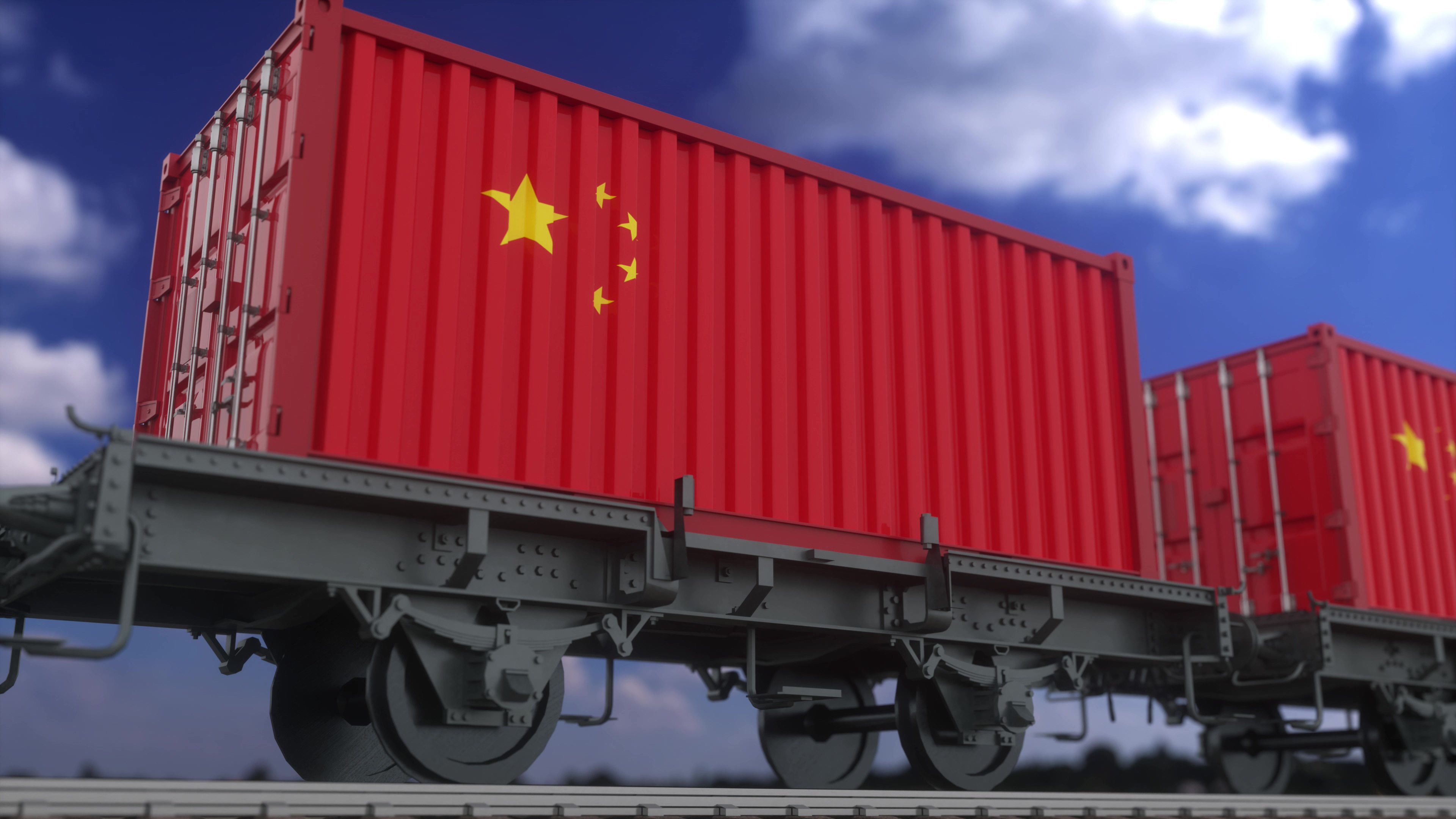Newsletter 21/2024: Actual situation in international transport

From 1 April, air services entered the summer schedule period, which in practice means an increase in flight frequencies or the reopening of routes to destinations not flown over the winter.
AIR TRANSPORT
As of 1 April, air services entered the summer schedule period, which in practice means an increase in flight frequencies or the reopening of routes to destinations not flown over the winter.
The increase in capacity should result in a reduction in transport costs and make this mode of transport more attractive, especially in the export direction, which has already been reflected in increasing demand in recent months, but which still remains below pre-pandemic levels.
The exception for the time being is the import rates for air freight, particularly from mainland China, Hong Kong and Japan, where rates are still at a higher level due to increased demand from e-commerce commodity companies and also due to the significantly longer shipping times by sea. Customers demanding faster and more reliable delivery for the upcoming summer season are increasingly turning to air freight.
However, as shipping capacity increases, rates in the import direction are also expected to decrease in the near future.

BUT...
In general, global demand for air freight is expected to grow by 4-5% this year. Which would be good news for airlines. However, the question is whether the gradually increasing demand can be met with adequate available capacity.
As reported by STAT Trade Times, a warning sign comes from the IATA World Cargo Symposium recently held in Hong Kong. According to information from Michael Steen, CEO of Atlas Air, there are currently approximately 650 pure cargo wide body aircraft in service. And about 120 of these 650 aircraft are over 30 years old. The normal age of cargo aircraft is between 30 and 35 years. Which means that within the next few years, about 18% of the available capacity will be retired and will not be replaced so quickly by new machines.
Globally, cargo aircraft carry 60% of the cargo volume, with the remaining 40% of the cargo carried in the cargo hold of passenger aircraft. In this context, the upcoming cargo capacity shortfall looks even more dramatic. Cargo aircraft primarily serve industrial and logistics centres, so the expected capacity shortfall cannot be replaced by passenger aircraft cargo capacity. Passenger aircraft mostly fly to other destinations...
With the increasing volume of new e-commerce platforms such as TEMU or Shein, the situation will further escalate. In the near future, we can therefore expect a capacity shortage, especially on flights from China to Europe and the US - but not only there, as part of the remaining cargo fleet may be diverted to these high-demand routes. And a faithful companion to dwindling capacity is higher freight costs.
OCEAN TRANSPORT
Shipping services are working quite smoothly. But they still have to deal with new and new "hot spots" that disrupt the overall idyll.
- The Red Sea. After the shelling of ships in the Gulf of Aden, schedules have stabilized and allow for a detour around the Cape of Good Hope. The transit time is longer by 7-10 days.
- Panama Canal. Lake Gatun is an important source of water for the locks of the Panama Canal. Extended periods without rain and the recent widening of the canal have caused water shortages, making passage of large container ships difficult. Ships must be lightened before entering the canal, and containers are transported across the U.S. by rail or smaller feeder ships. It has now started to rain more in the area, so there should be a gradual resumption of the original traffic.
- Baltimore. A media-worthy event when a 10,000 TEU container ship crashed into the piers of the Francis Scott Key Bridge. The bridge structure completely collapsed on impact. A major port is cut off from shipping for several months. Containers are being rerouted to the ports of Norfolk and New York from where they will be transported to the Baltimore area by alternate ground transportation. The accident threatens to declare the largest General Average in history. The amount of the cost would certainly exceed even the cost of repairing the damage caused by the Ever Given's grounding in the Suez Canal three years ago.
- Evyap Turkey. An event with a lesser impact on the global market is the collision of the YM Witness in the Turkish port of Evyap, when the ship's improper manoeuvre completely disabled three of the port's four cranes. For those who want to see how cranes can be legged, type the keywords YM Witness Evyap into youtube. In this case, too, a Joint Crash Institute declaration is possible.

But let's go back to everyday maritime life. Interestingly, the need to circumnavigate Africa instead of going through the Suez Canal absorbs about 7% of the additional global shipping capacity. So the Red Sea events have come in handy for the shipowners in a way. Global demand is still relatively low and newbuildings ordered before the covid downturn are coming to market.
The circumnavigation of Africa has another negative aspect in addition to the increase in shipping time. Longer routes and faster ships mean higher CO2 emissions per voyage. What has been saved by technical measures on the ships will be burned up by the longer route.
We are also seeing a greater emphasis on overall process efficiency. The penalty-free period for cancellation of bookings is being reduced. Conditions for loading and unloading containers in the country are being tightened: the free time for loading or unloading has been reduced from 4 hours to 3 hours as of 1 April.
Bigger changes in shipping are coming early next year, when some alliances will be realigned. Maersk is parting ways with its existing alliance partner MSC. Maersk will be working with cruise operator Hapag Lloyd from 2025. Whether MSC will be part of some other alliance or will operate on its own (which is well possible given the size of this cruiser), how much Hapag's capacity will be missed by the existing THE Alliance is a matter of speculation at the moment.
What is clear is that the number of directly-arrived ports will be reduced. In the name of greater efficiency it will be replaced by a Hub and Spoke system, i.e. fewer base ports from which the others will be served by feeder ships.
RAIL TRANSPORT
RAIL CONNECTION WITH CHINA
Rail transport in the import direction from China has both capacity and a higher frequency of departures.
The services offered operate at a very good level. Due to the increasing volume of goods, operators are using their collection containers up to twice a week, so there is sufficient capacity for LCL shipments. Similarly, FCL shipments are in a similar situation, where we can offer several options with sufficient capacity for on-train booking.
Train capacity for export containers to China is rapidly disappearing, so we recommend addressing any potential shipments as soon as possible. Space can usually be found, but cost can be an issue as operators are currently offering alternatives with routing through less busy Chinese terminals. Unfortunately, not everyone is located in central China, which may be the reason for the expensive China drop-off included in the all-in shipping fee.

RAIL SERVICE FROM TURKEY
Since the beginning of April, the operator has increased the frequency of departures for import shipments from Turkey, and it is now possible to book on two departures per week, namely on Wednesdays and Saturdays. The advantage is also the sufficient capacity of the tractors, and loading can be booked for the desired date and time even a few days in advance.
The slightly worse news is the increase in the rates for deliveries within Turkey, which the operator has been forced to update due to current fuel prices, inflation in Turkey or the EUR exchange rate against the TR currency. However, the rail option remains very competitive compared to truck transport (especially in terms of price) or sea transport (in terms of speed and the possible use of 45'PW containers and therefore the possibility to transport more cbm of goods in a container).
CBAM REPORTING
In January, we provided CBAM reporting for customers who instructed us to do so. We offer this service as a normal part of our portfolio.
- We will advise you if you are required to report CBAM
- We can help you with registration
- If you wish, we will process the reporting for you
- We will answer any questions you may have on this subject
Looking for information about CBAM?
- Practical materials: Transition Register Manual, CBAM implementation guidance documents, templates for communicating with manufacturers and much more
- Information materials: Presentations on CBAM, answers to frequently asked questions, a glossary of errors and other useful information
- Tools: e.g. transition period default values and other tools to help you
Visit the CBAM section here and stay up to date!



